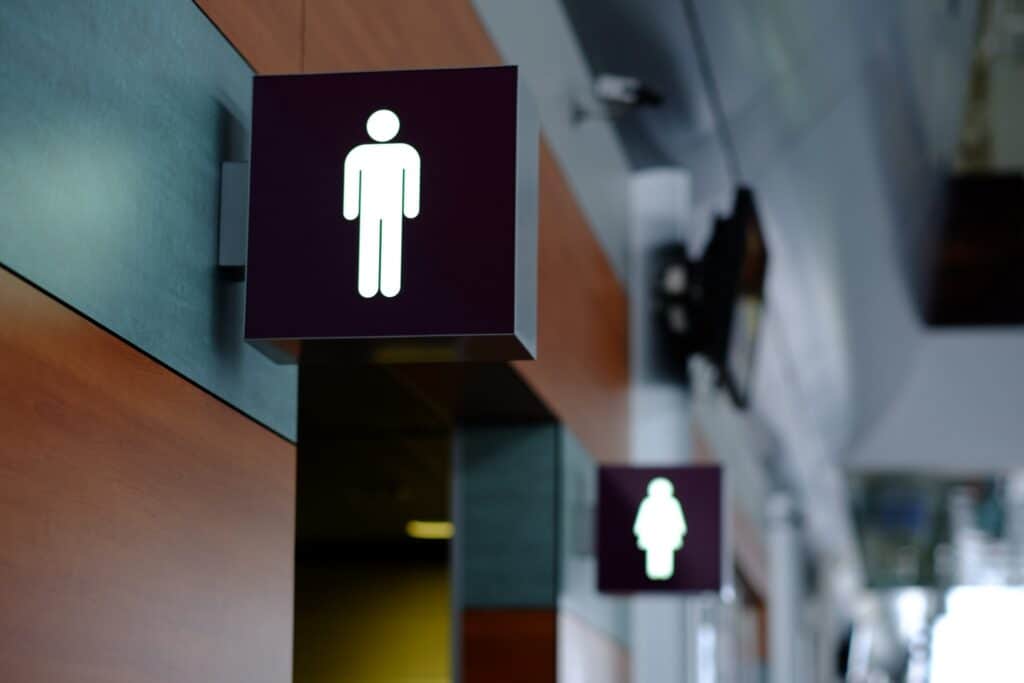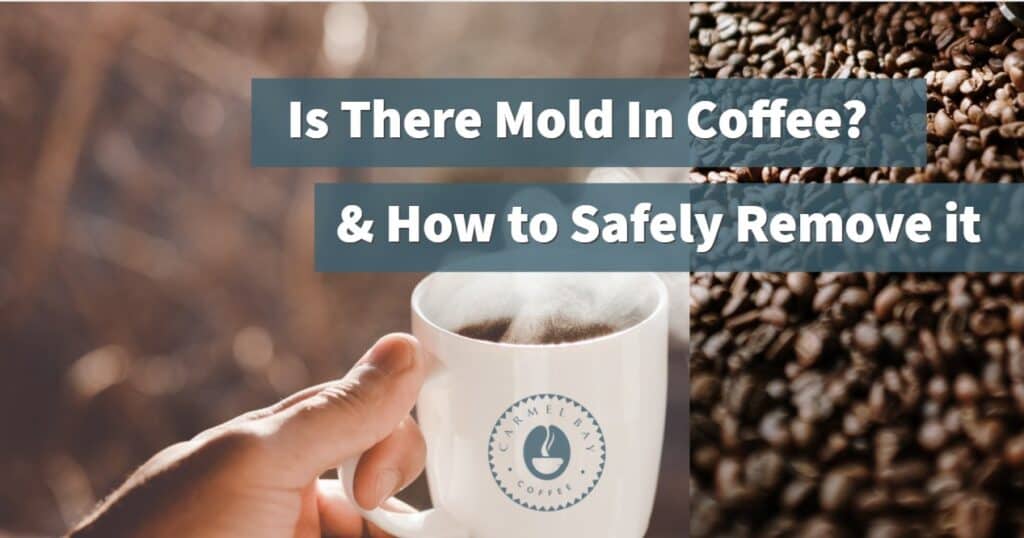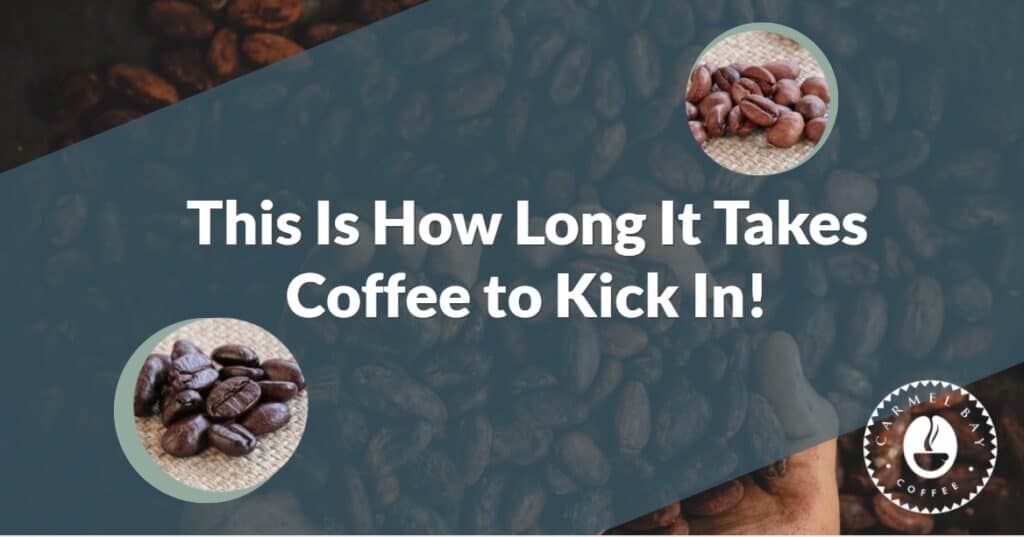How much coffee do you drink each day? Have you noticed that your coffee consumption has increased over time? You can be honest; we’re coffee nuts here too!
Most people start with one cup of coffee and work their way up to 3-4 cups per day. 400 mg of caffeine is approximately four cups of brewed coffee or ten cans of soda.
As a barista who exclusively opened for a major coffee franchise, every day, I woke up between 2-4 am, and my coffee intake had quickly spiraled out of control. At one point, I would drink 3-4 shots while I was setting up the cafe to open and was averaging 7-9 shots of espresso by 9 am.
More often than not, I usually got a coffee when I clocked out as well. I always tried to justify that it wasn’t that bad since I woke up so early and had already been up for almost seven hours at that point.
However, where I worked, one shot of espresso contained 75 mg of caffeine. If I was drinking 7-9 shots of expresso, that meant I was consuming 525-675 mg of caffeine (significantly more than the recommended amount of 400 mg)!
Can you relate? Do you ever drink your coffee, and your energy and focus seem to increase for an hour or so before it soon feels like you never drank the coffee in the first place, and soon you are just as tired as you were, to begin with?
Yeah, me too. That’s honestly why I kept getting more shots of espresso because I needed more and more to stay awake and energized.
So why does coffee make us tired? These are reasons why coffee can make us tired is as follows:
- Coffee Blocks Adenosine Receptors
- Coffee is a Diuretic
- Too Much Sugar
- Mold Might Be in Your Coffee
- Caffeine From Coffee Affects Stress Levels
- Caffeine Withdrawal
- Slowly Removing Coffee From Your Daily Routine.
Coffee Blocks Adenosine Receptors

What is Adenosine? Adenosine is a chemical found in our brains and assists in regulating our sleep-wake cycle.
Adenosine levels typically increase while we are awake and decrease while we are asleep. Adenosine binds to special Adenosine receptors in the brain. When the Adenosine binds to said receptors, signals are sent out that slow down brain activity in preparation for sleep.
However, instead of binding to the brain, the adenosine molecules are intercepted by the caffeine when caffeine is consumed. This causes them to bind together instead. When that occurs, the brain never gets the proper signals.
Have you ever drank a strong coffee (e.g., a nitro cold brew), and almost instantly, you are energized, maybe even too much so?
This is because of just how quickly our bodies absorb caffeine, and some can feel their coffee kicking in within minutes.
Within 45 minutes of consumption, approximately 99% of the caffeine is metabolized.
That being said, everyone’s bodies are different, and just because I react one way to a cup of coffee doesn’t mean that you will respond the same way, and you won’t always react the same way to each cup either.
Sometimes I will drink a cup of coffee and will have the energy to deep clean my entire house; other times, I won’t even be half-done with my cup and will be falling asleep.
While caffeine blocks the adenosine receptors, it does not affect the production of new adenosine molecules.
Therefore, when the caffeine finally wears off, the adenosine molecules bound to the caffeine are still present along with the new adenosine molecules.
Together, this build-up of adenosine goes and bombards the receptors on the brain and can make you feel sleepy.
Coffee is a Diuretic

Have you ever drank a cup of coffee and not long after found yourself searching for a bathroom? This is because coffee is a diuretic. According to Brittanica, a diuretic is defined as any drug that increases the production of urine.
Yes, caffeine is a drug. So whenever you use the bathroom, your body loses water, and you become dehydrated. Healthline suggests that this water loss that occurs during urination also causes a reduction of the amount of overall fluid in your body.
Because of this, sluggishness can occur since the function of your cells is affected by the reduction in fluid volume.
Your cardiovascular system is affected by dehydration. When you are dehydrated, your heart rate will likely increase as your blood pressure decreases simultaneously, resulting in fatigue.
This fatigue can also be caused in part by vasoconstriction (narrowing of the blood vessels) that is caused by the consumption of caffeine. When this occurs, the blood flow to certain body parts is affected.
To help combat the dehydrating effects of coffee, make sure you are drinking water while enjoying your coffee.
The U.S. National Academies of Sciences, Engineering, and Medicine suggest the following daily fluid intake: males = approximately 15.5 cups (or 3.7 liters) of fluids/day; women = about 11.5 cups (or 2.7 liters) of fluids/day. These fluids include any liquids in beverages and food, not just water.
Regarding combating dehydration when drinking coffee, it is generally suggested to drink one cup of water for every cup of coffee that you consume.
Too Much Sugar in Your Coffee

What is your coffee beverage of choice? I am not ashamed to admit that lattes are my go-to coffee drink, but sweet drinks have also been my weakness.
However, as tasty as these drinks are, sugary coffee shouldn’t be consumed daily.
I know I’m not alone in this — only 35% of coffee drinkers drink their coffee black, with the other 65% preferring sugary specialty drinks or cream in their coffee.
The difference between these two drinks is quite drastic. For example, a cup of black coffee (no sugar, no cream) contains two calories and 0g of sugar, while a standard grande white mocha from Starbucks has 430 calories and 53g of sugar!
Did you know that your body processes sugar much faster than it does caffeine? When this happens, our blood sugar crashes and can make us tired. How quickly this occurs varies from person to person.
In addition to the excessive amounts of sugars added to one’s coffee, Medical News Today shared a study that suggests that caffeine (not the coffee itself) also increases one’s blood sugar, temporarily reducing their insulin sensitivity.
When you have high blood sugar, you may experience any of the following: fatigue, trouble concentrating, headaches, frequent urination, or increased thirst until your blood sugar levels return to normal.
What Can I Do to Reduce Fatigue?

Do you want to know how to reduce the fatigue you get from coffee and other forms of caffeine? Below are a few suggestions to help combat the fatigue:
- Try and stick to the daily recommended amount of caffeine (400 mg of caffeine) if you can.
- Reduce how often you are drinking coffee-based beverages full of syrups, creams, and added sweeteners.
- For every cup of coffee that you drink, drink one cup of water.
- Be mindful of your total caffeine consumption throughout the day (e.g., sodas, chocolate, tea, or even items like medication or skincare products that contain caffeine) along with how frequently you are consuming caffeine.
- If you still want your caffeine fix in the afternoon, try switching to decaf or tea to help avoid that afternoon slump.
Now, it’s essential to know coffee itself isn’t what is making you tired. As we discussed, several factors can contribute to what can make you tired.
Essentially, if we regularly consume caffeine, we will begin to develop a tolerance to it, and once we hit that, it starts to no longer have the same effect, and we become fatigued. To combat this, we consume even more caffeine, our caffeine tolerance keeps increasing, and we keep feeling sluggish and fatigued after drinking coffee.
Is There Mold in Your Coffee
We have an entire article dedicated to this topic if you want to take a deep dive into the subject, Is There Mold In Coffee?

The over all summary of this article is that there might be mold in your coffee and you don’t even know it. This is one of the many reasons we recommed only buying small amounts of coffee instead of large tubs.
If a mold spore gets into your coffee beans, it will spread under the right conditions. You might not even see the mold and make a pot of coffee like normal. If there is mold in there, it will affect every person differently, meaning you could be tired because there’s mold in your coffee.
Check out our article above on how to prevent your coffee from getting contaminated.
Caffeine From Coffee Affects Stress Levels
It sucks being stress. It’s one of the feelings, but it’s also a part of being an adult. The last thing we need is our coffee, adding to our stress levels.
We feel stressed in reaction to the stress hormone called cortisol, which signals our body to stay on high alert in response to a perceived stressor. Caffeine also increases this hormone that can make us feel stressed.
If you’re stressed, you’re not sleeping well, which is one reason you’re tired all day.
Caffeine Withdrawal
In our article, This Is How Long It Takes Coffee to Kick In. We talk about a “Caffeine Reset” where you drop caffeine for a week or two to reset how caffeine affects you.
If you’re doing this caffeine reset or deciding to reduce your intake of caffeine you could possibly feel the effects of caffeine withdrawal.
Not having your normal morning cup of coffee can give you a headache or feel sluggish after 12 to 24 hours. Depending on how long you’ve been regularly drinking coffee, the ill effects can last for days to weeks at a time.
If you’re feeling this, stick to one cup of coffee or lean out of your normal drinking habits with tea.
Frequently Asked Questions
How Can I Get Rid of Caffeine Fatigue?
You can take some over-the-counter pain medicine to help with a headache. You can also try and wean yourself off of caffeine by drinking something with less caffeine than coffee, such as tea.
Should I Quit Coffee and Caffeine Altogether?
If you can get in a good rhythm of sleeping, you should try everything you can. As you systematically add and remove things in your life, coffee might be the next thing you try and reduce for better sleep.
How Long Until Caffeine Is Completely Out of My System?
Not as long as you’d think. After about six hours, half of the caffeine you consumed has been processed out of your body. For caffeine to completely out of your bloodstream, it can take up to 10 hours.

